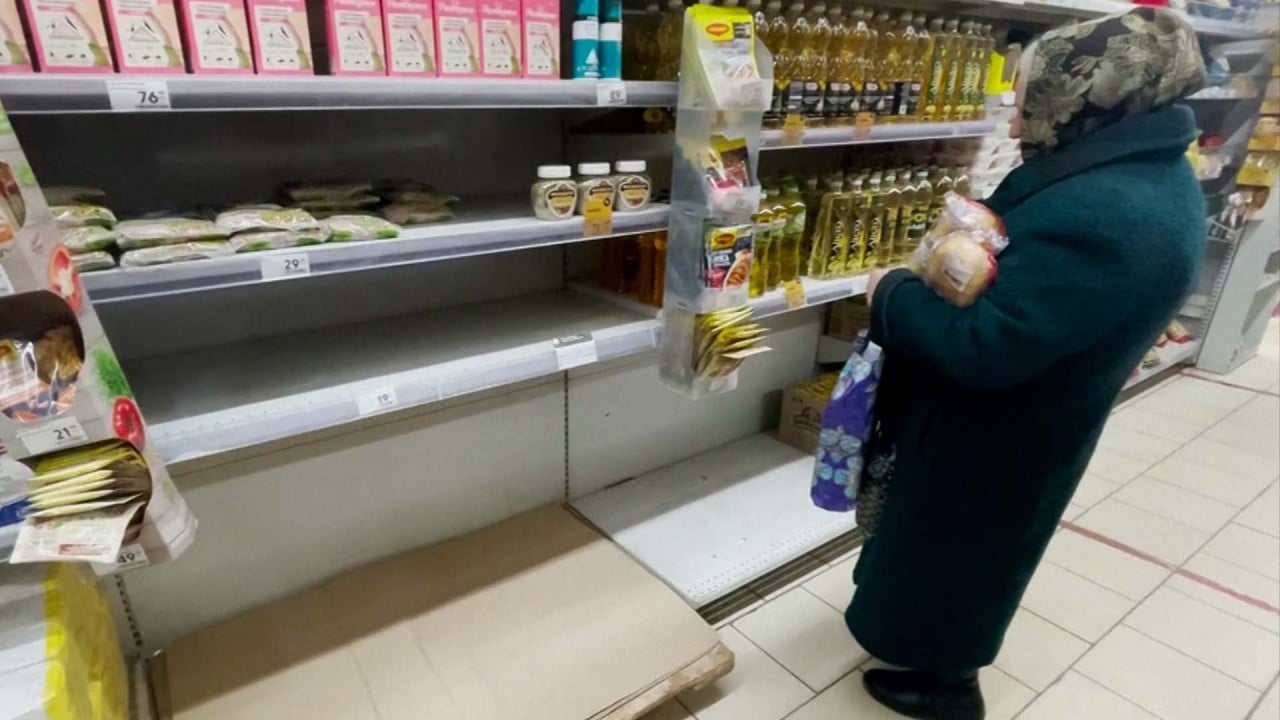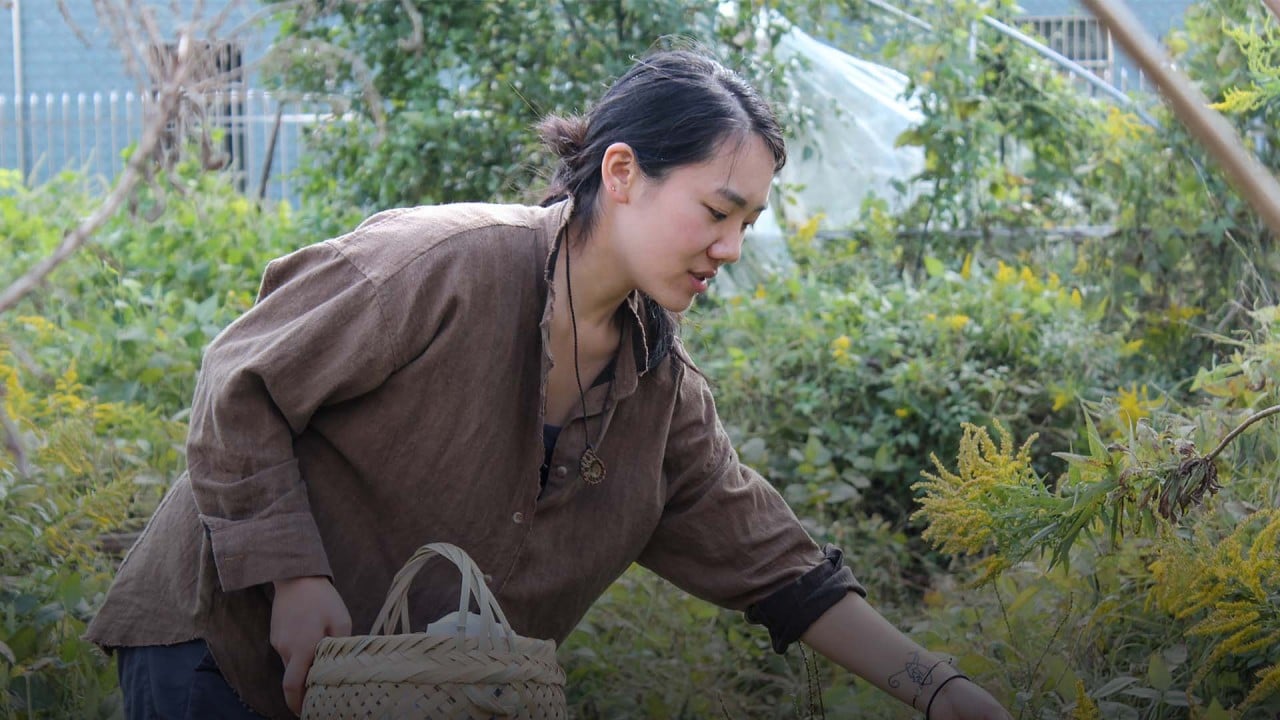
China food security: Premier Li Keqiang warns of ‘new challenges’ as Ukraine war poses risk to world supply
- Premier Li Keqiang says the complicated international environment, spikes in prices and market volatility are putting pressure on food security
- The UN Food and Agriculture Organization has warned of a possible worldwide food crisis, as the war in Ukraine threatens production of key staple crops
China’s top leadership has raised the alarm about growing risks to global food security caused by Russia’s invasion of Ukraine, while doubling down on the push for self-reliance in grains and fertiliser.
The country’s agricultural production and domestic development face “new challenges” due to the complicated and grim international environment, sharp increases in prices and volatility in the global market for farm products, said Chinese Premier Li Keqiang, alluding to the impact of war in Ukraine.
During a rare inspection of the agricultural ministry on Wednesday, he told officials to ensure steady domestic food output to cope with external uncertainties.
“This is crucial for stabilising prices, the economy and the overall social situation,” Li said, according to the official Xinhua News Agency.
5 major concerns for China’s food security
President Xi Jinping has also warned that the country cannot count on the international market for food security, while agricultural minister Tang Renjian has said the condition of the winter wheat crop could be “the worst in history” due to heavy rainfall and flooding last year.
Numerous countries along with the UN Food and Agriculture Organization have warned of a possible worldwide food crisis, as the war in Ukraine threatens production of key staple crops. Russia and Ukraine represent more than half of the world’s supply of sunflower oil and about 30 per cent of the world’s wheat.
“We are entering an unprecedented food crisis,” French President Emmanuel Macron said on Thursday.
Li’s comments show that authorities are taking action to reduce imports and increase domestic production to prevent imported inflation from high commodity prices, said Li Guoxiang, a researcher at the Chinese Academy of Social Sciences.
“As a major agricultural importer, China has a great impact on world grain and oil prices, and should also be a responsible big country,” he said.
“We should rely on our own production and should not aggravate the sharp fluctuations in the market.”
Ma Wenfeng, a senior analyst with Beijing Orient Agribusiness Consultant, said that overseas turmoil had pushed China to pay more attention to domestic rural and agricultural issues.
How war in Ukraine fuels a food crisis in Africa
“The Russian-Ukrainian conflict has shown us that if you can’t handle your own business well and others restrict exports to you, you will have problems immediately,” he said.
If the conflict escalated, the price of corn is expected to soar even higher, which would probably lead to falling imports in China, said the industry portal cngrain.com on Thursday.
The country’s corn purchases rose to a record high of 28.36 million tonnes last year, equivalent to more than 10 per cent of domestic output.
Ukraine was China’s largest source of corn imports in the January-February period, with purchases rising 12 per cent from a year ago, accounting for more than 56 per cent of overall corn imports, data from the General Administration of Customs showed.
Russia accounted for more than 30.5 per cent of China’s potash fertiliser imports in the first two months of the year, up by 73 per cent in US dollar terms.
Li said it was crucial to support Chinese companies producing fertilisers, pesticides and diesel oil, given surging costs for these farming supplies.
Though the impact of the Ukraine conflict is likely to be limited, China’s food security is facing increasing domestic risks as the rural economy lags behind big urban centres and farmers turn to other professions due to low income from planting, Ma said.
The country’s agricultural industrial chain was “large but not strong”, analysts with China International Capital Corporation said in a note on Thursday.
“Some agricultural products have a low yield per unit area and high planting cost, and there are deficiencies in the scientific and technological capacity of the industrial chain,” they said.



